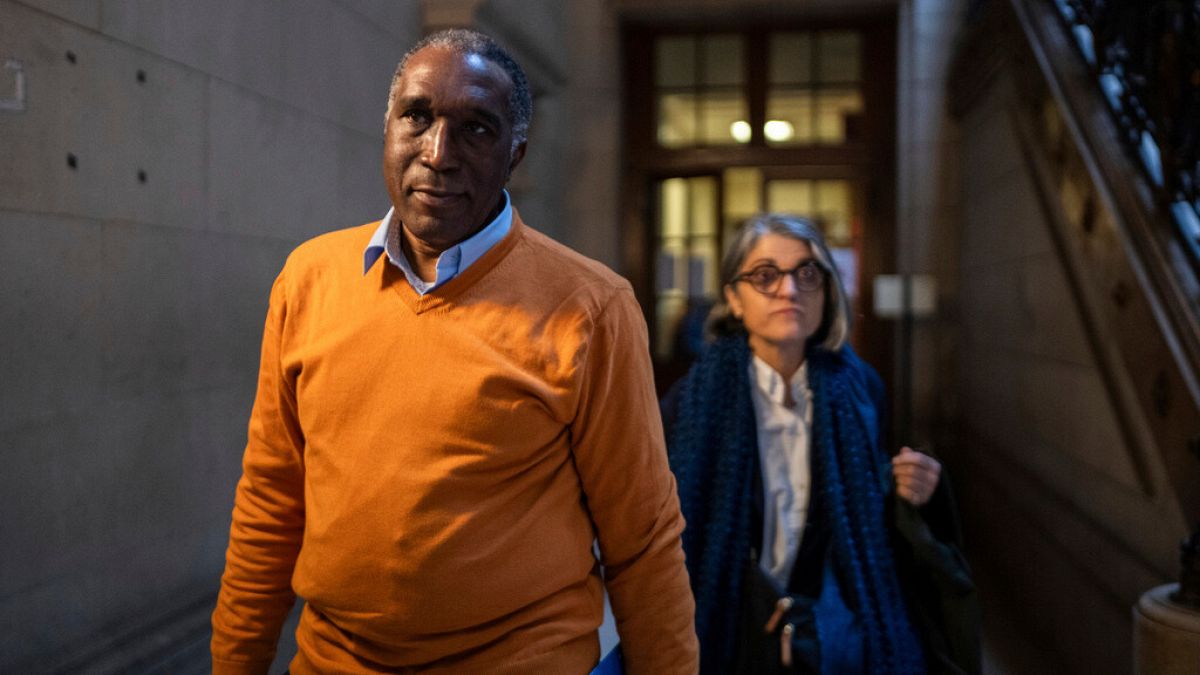Former doctor Eugene Rwamucyo was recently found guilty of “complicity in genocide,” “complicity in crimes against humanity,” and “conspiracy” in relation to the 1994 genocide in Rwanda. Rwamucyo, who was sentenced to 27 years in jail, moved to France and Belgium to practice medicine after leaving Rwanda. The prosecution had asked for a jail sentence of 30 years, claiming that Rwamucyo was heavily involved in the supervision of burying the injured alive during the genocide. Many witnesses who traveled to Paris for the trial described horrific scenes of mass graves and attacks on Tutsi people.
Despite the sentencing, Rwamucyo has continued to deny any wrongdoing, stating that he did not order the killing of survivors or allow survivors to be killed. His lawyers argued that he was being unfairly prosecuted for his disapproval of the current Rwandan government. Rwamucyo, who has denied involvement in live burials, explained that his role was merely to mitigate any hygiene related issues that may have arisen if bodies were left out in the open. His legal team plans to appeal the decision, while many who witnessed his crimes have called for a life sentence to be handed down.
The trial of Eugene Rwamucyo was part of the eighth trial in France related to the 1994 genocide in Rwanda, where 800,000 predominantly Tutsi people were slaughtered by Hutu aggressors. The former doctor was acquitted of the charges of “genocide” and “crimes against humanity” due to lack of evidence that he personally committed violent acts. However, the prosecution provided proof that he was complicit in the mass atrocities committed during the genocide. Many victims of the genocide attended the trial in Paris seeking justice for the horrific crimes that took place.
Before his recent conviction, Rwamucyo had been sentenced to life in absentia in Rwanda in 2009, and an international arrest warrant had been issued. However, French authorities decided against extraditing him to Rwanda. Rwamucyo had been arrested in 2010 in Paris during the funeral of an alleged genocide mastermind, Jean Bosco Baravagwiza. He has maintained his innocence, claiming that his actions were meant to address hygiene issues and not to facilitate the killing of survivors. Despite his denials, witnesses have described seeing him inciting violence against Tutsi people during the genocide.
The former doctor’s legal team has argued that he is being unfairly targeted due to his opposition to the current Rwandan government and his open anti-Tutsi sentiments. Human rights organizations have called for justice for the victims of the genocide, with many seeking a life sentence for Rwamucyo. One witness, Angélique Uwamahoro, recounted seeing Rwamucyo near a convent where her family sought refuge during the genocide, describing how he incited attackers to kill them. The trial of Eugene Rwamucyo has brought to light the atrocities committed during the 1994 genocide in Rwanda and the ongoing quest for justice for its victims.










